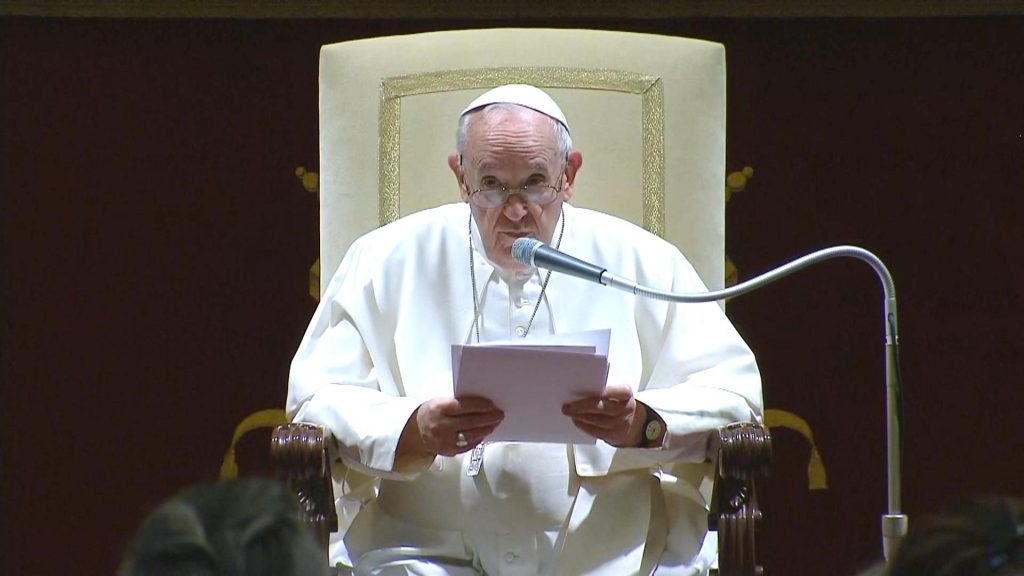Sask. teachers narrowly reject province’s latest contract offer
STF says 88% of members voted, 55% of them voted no

The Saskatchewan Teachers’ Federation (STF) says its members have voted to reject the latest collective agreement offer from the province.
The STF confirmed the result Thursday evening, saying 88 per cent of its member teachers voted, with 55 per cent of those voters rejecting the contract.
“We take our direction from the membership, and members have spoken,” STF president Samantha Becotte said in a news release Thursday evening.
“The result of this vote is a message to government and the Saskatchewan School Boards Association (SSBA) that teachers need to see real changes to classroom complexity and compensation. In feedback from members, we heard clearly that their priorities haven’t been adequately addressed.”
The STF said the teachers’ bargaining committee has verbally invited the government back to the bargaining table and will send a formal written invitation Friday.
“If the government and the SSBA decline this invitation, or talks break down, 48 hours’ notice will be given prior to the resumption of job action,” the STF’s release said.
The STF has scheduled a news conference for 10:30 a.m. CST Friday.
Saskatchewan Education Minister Jeremy Cockrill released a statement shortly after the result of the vote was released.
“I am disappointed by the result of the vote that will reject not only a fair agreement negotiated between government, school divisions and the STF, but one that was endorsed and recommended by the STF executive senior leadership,” Cockrill said.
“We will have more to say about next steps very soon.”
Saskatchewan’s 13,500 teachers have been without a contract since August 2023 and voted in favour of job action in October. Months of job action followed, including rotating strikes, work-to-rule action and withdrawal from extracurricular activities and voluntary duties.
The STF executive endorsed this latest proposal, encouraging teachers to accept it in the lead-up to the vote, the first time it had done so for an offer from the province since negotiations began last May.
The offer had some new measures, not in the previously proposed agreement that was resoundingly rejected by teachers earlier this month, including some additional funding to address classroom complexity.
According to an internal document sent to teachers before the vote and obtained by CBC News, the proposal included promises of a task force on classroom complexity, to be co-chaired by the STF, the Ministry of Education and Saskatchewan School Board Association, and include teachers, students and parents.
There was no mention of class size, a central issue in the teachers’ messaging during the ongoing contract dispute, in the internal document provided to teachers. STF president Samantha Becotte told CBC in an interview last week that she considers class size a part of class complexity, but conceded there was nothing concrete about size in the proposed agreement.
“Classroom complexity isn’t going to be solved within one collective agreement or one budgeting cycle,” she said.
The proposed contract covered a three-year term from Sept. 1, 2023, to Aug. 31, 2026.
According to a news release from the STF, the offer included salary increases of three per cent in the first two years and two per cent in the final year.
The document sent to teachers also highlighted a “one per cent [of the base salary costs] market adjustment that will be equally distributed across all [teacher] increment grids and calculated after the three per cent raise, retroactive to September 1, 2023. This is in addition to the salary increase of eight per cent over the three years of the agreement.”
It also referenced a letter of understanding with the province regarding “violence-free classrooms,” including a reporting mechanism for incidents.
https://www.cbc.ca/news/canada/saskatchewan/teacher-contract-vote-result-1.7219686




